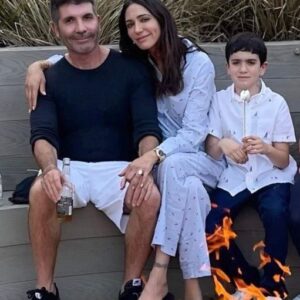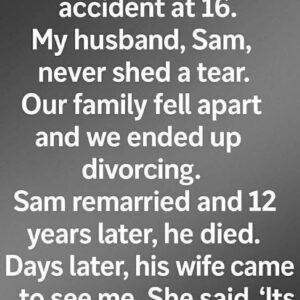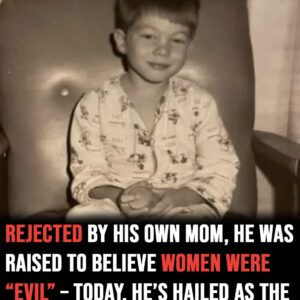Country legend Dolly Parton has built her decades-long career on toeing the line between raunchy and respectable, which means that while she’ll happily explain that she acquired her style from the “town tramp,” she also abides by a strict career rule not to use profanity, reference illegal substances, or talk down about others in her lyrics.
Videos
This is a relatively easy rule to follow when recording and performing her thousands of original songs, but cover material is a different story. Parton has covered countless popular hits from all genres. However, she’s had to make a few lyrical amendments to meet her standards.
“Please Please Please” by Sabrina Carpenter
Pop star Sabrina Carpenter is no stranger to a raunchy lyric or two, famously juxtaposing sugary sweet vocal melodies with gut-punch lyrics like, I beg you, don’t embarrass me, motherf*****. When the “Espresso” singer collaborated with Dolly Parton on her hit, “Please Please Please,” Parton had to lay some ground rules for their duet. “She can talk a little bad now and then,” Parton told Knox News. “I told her, I said, ‘Now, I don’t cuss, I don’t make fun of Jesus, I don’t talk bad about God, and I don’t say dirty words on camera.’”
Instead of Carpenter’s original motherf***** line, the musical duo changed the lyrics to, Heartbreak is one thing, my ego’s another, I beg you don’t embarrass me like the others.
“After the Gold Rush” by Neil Young
Dolly Parton, Emmylou Harris, and Linda Ronstadt joined forces in the 1990s for two Trio albums, which featured original and cover material that showcased the musicians’ impeccable vocal harmonies and stylistic range. Their second album, Trio II, includes Parton’s “Do I Ever Cross Your Mind,” Randy Newman’s “Feels Like Home,” and Neil Young’s “After the Gold Rush.” The latter track is an incredible version of Young’s stark piano and French horn song from the album of the same name, but Parton had to modify the lyrics slightly.
Instead of Young’s original lyrics, There was a band playing in my head, and I felt like getting high, Parton, Ronstadt, and Harris sing, There was a band playing in my head, and I felt like I could cry.
“House of the Rising Sun” by the Animals
In some instances, Dolly Parton and her songwriting rules have led her to change lyrics in order to inform the narrative more plainly. Such was the case for her rendition of “House of the Rising Sun,” a traditional folk song made famous in 1964 by the Animals. Parton included a version of the iconic song on her 1980 album 9 to 5 and Odd Jobs.
But unlike the Animals’ version that presented the song from a male narrative, Parton revised the lyrics to emphasize what the song is actually about: a female sex worker struggling with the challenges of her life path. My father he was a gambler, mother died when I was young, and I’ve worked since then to please the men at the house of the rising sun.





